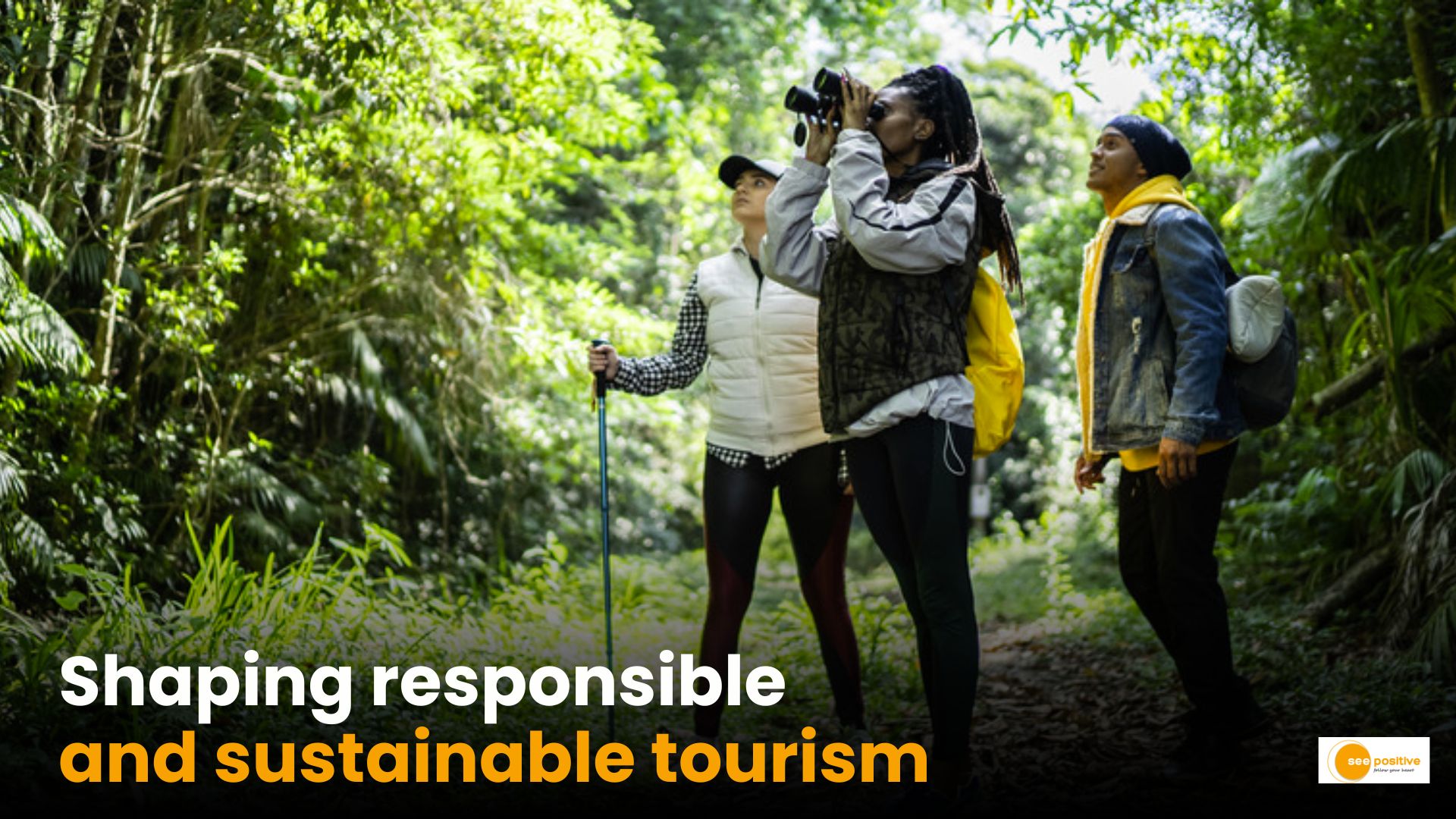Ecotourism is a form of responsible travel that focuses on conserving the environment, respecting local cultures, and promoting sustainable practices. It encourages travelers to visit natural areas while minimizing their impact on the environment and supporting the well-being of local communities. The primary goal of ecotourism is to protect the environment, promote biodiversity, and provide economic benefits to local communities through tourism.
Ecotourism can include activities like hiking, wildlife viewing, birdwatching, scuba diving, and visiting national parks or conservation areas. The idea is to offer travelers a meaningful and impactful experience while promoting environmental stewardship and supporting local economies. Here are few advantages of ecotourism.
Sustainability
Sustainability in ecotourism is about balancing the needs of tourists, the environment, and local communities. It focuses on ensuring that tourism activities do not harm ecosystems, and that the use of natural resources is done in a way that preserves them for future generations.
Conservation
Supporting the preservation of ecosystems and wildlife, often through activities like nature reserves, wildlife protection, or eco-friendly accommodations.
Respect for Local Cultures
It is a core principle of ecotourism that promotes cultural exchange, understanding, and appreciation while ensuring that tourism benefits local communities in a respectful and meaningful way. It emphasizes the importance of fostering positive interactions between tourists and local populations, celebrating the uniqueness of each culture, and avoiding exploitation or disruption of cultural traditions.
Minimizing Environmental Impact
Reducing waste, using renewable energy, and promoting eco-friendly transportation options. All these are critical elements of sustainable ecotourism. These practices help minimize the environmental impact of tourism and contribute to preserving the natural world.
Education
Encouraging travelers to learn about the environment, local communities, and conservation efforts, fostering a deeper appreciation for nature. Ecotourism promotes education about the different ecosystems that travelers visit. Tourists are taught about the delicate balance of these environments, the species that inhabit them, and the threats they face. Knowledge about biodiversity and ecosystem services helps visitors understand why conservation is critical.
Ecotourism also provides opportunities for travelers to learn about the local cultures and traditions of the communities they visit. This may include storytelling, traditional crafts, cooking classes, or cultural tours led by local guides. By understanding the social and cultural context of a destination, tourists can avoid cultural insensitivity and contribute to the local economy in a meaningful way.
Community-Led Experiences
In many cases, ecotourism empowers local communities to take the lead in managing tourism. This creates opportunities for community members to share their knowledge and skills with visitors, which in turn benefits their livelihoods and strengthens cultural pride.


